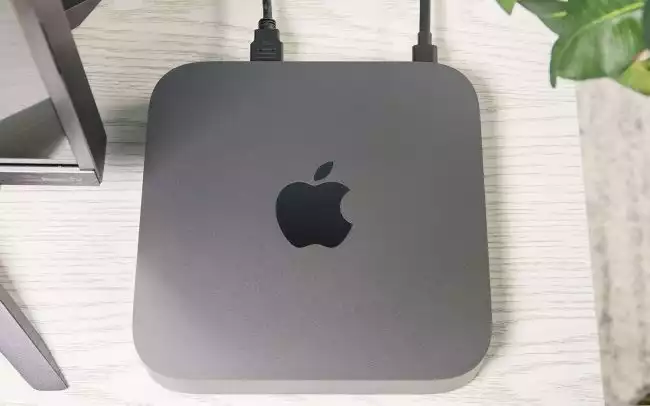Last week at WWDC, Apple stated its plans to move future Macs to its own ARM-based chips. Now, the first details on the performance of the new Apple Silicon chip have been revealed by leaked benchmark scores, giving us a glimpse of what to expect from future Apple hardware.
As part of the transition to ARM chips, Apple is distributing Developer Transition Kits (DTKs) to developers. These kits were released on the condition that developers sign a nondisclosure agreement not to disclose performance details.
French journalist Pierre Dandumont posted a link to Geekbench, listing benchmark scores averaging around 800 on single-core machines and 2600 on multi-core. By comparison, the $999 2020 MacBook Air scored around 1005 and 2000 for both single-core and multi-core, respectively.
The 13-inch MacBook Pro included in the benchmark results scored around 1,200 with macOS 10.15 Catalina and an Intel Core i5-1038NG7 system, while the multi-core setup scored 4, without emulation. 400 were recorded. Compared to the 2018 Mac mini using native hardware (1,015 single-core and 5,275 multi-core), these scores are not too far off even for the older system.
The benchmark tests were performed by virtualization via Apple's Rosetta 2 emulator against an approximation of Intel's x86 processor. As such, these benchmark scores are based on non-native hardware that can take a significant hit in performance. It is also important to remember that these kits were not created with the goal of achieving the most impressive benchmarks.
Each DTK distributed to app producers contains four cores and was originally provided as a means for developers to perform critical porting tasks. As such, the A12Z chip is included. The next ARM Mac products will no doubt feature a more powerful setup in terms of efficiency and thus benchmark scores.
Apple has not yet revealed the final specs, so we have yet to see how the consumer chips will ultimately perform. It should also be remembered that these are leaked numbers, most likely provided by several developers breaking confidentiality agreements, but there are still many unknown variables surrounding them.
At last week's Worldwide Developer Conference, Apple CEO Tim Cook announced that the company's first silicon Mac will ship by the end of 2020, but no official hardware release date has yet been set. As a result, analyst Ming-Chi Kuo expects that the current 13.3-inch MacBook Pro will be discontinued and that all new Macs will feature ARM processors beginning in 2021.










Comments